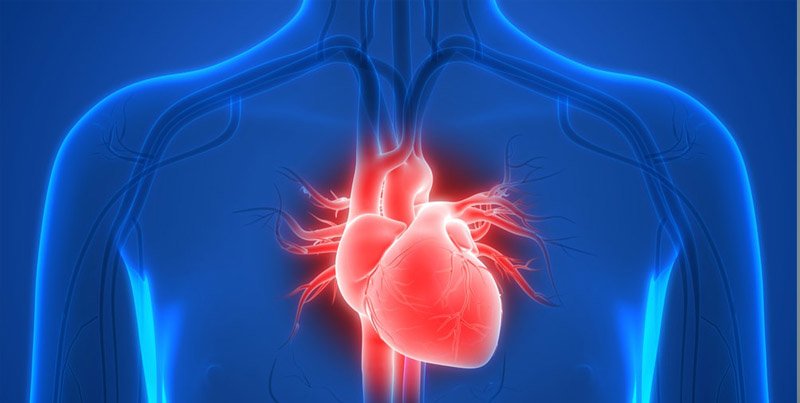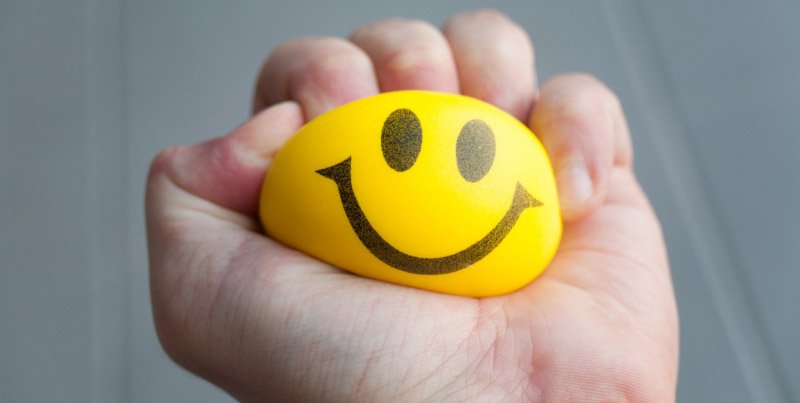
- Admin
- Oct 10 2021
- Share Article
Heart transplant surgery- All you need to know
When a patient meets us and severe heart failure is diagnosed or the heart is at its final stage of coronary artery disease, a heart transplant is a final resort. Sometimes the heart stops responding to all the medical and surgical treatments, in this scenario our ultimate goal is to keep the patient alive. Heart transplants generally have a very high success rate and increase the life expectancy of the patient.
During the heart transplant procedure, the diseased heart is replaced by a healthier donor heart. The first step is to find a donor heart that matches all criteria such as blood group, donor organ size, cross match, and antigen-antibody match.
The surgery may last anywhere between 4 hours to 10 hours depending on the complications. Heart transplant is a major operation, but the survival rate is impressive. Proper care and follow-up are mandatory after a heart transplant.
INDICATIONS FOR A HEART FAILURE
Cardiomyopathy- the heart muscle becomes weak.
Final stage coronary artery disease-Buildup of plaque in the arteries
Heart valve disease- when one or more valves of the heart do not work properly
Congenital heart defects- Defects present at birth
Arrhythmias- When arrhythmias become extremely severe.
In certain cases, during a heart transplant, other organs also can be transplanted depending upon the medical condition. At Dharma Vira heart Center we take an interdisciplinary approach for the patient’s well-being. Ours is the best heart center for transplants for complicated cases.
Multi-organ transplants include:
- Heart-kidney transplant
- Heart-liver transplant
- Heart-lung transplant.
A heart transplant procedure is an open-heart surgery, it is done under general anesthesia
Like any surgical procedure, there are some risks involved with a heart transplant as well. While bleeding, minor infections and blood clots are common and easy to handle there are some complications that arise, such as rejection of donor’s heart, graft tissue rejection, problems with arteries, medication side-effects, and some serious infections.
Aftercare
The incision takes about 6 to 8 weeks to heal. The incision may cause some discomforts at first, such as itching, muscle tightness, and numbness. The incision should be kept dry and clean at all times to avoid infections. Keep a keen eye for infections. Redness around the incision, oozing of blood or pus, warmth along the incision and elevated body temperature could very well be signs of infection.
During the recovery period, it is wise to rest as much as possible. Activities such as driving, lifting even slightly heavy objects, any activity that causes muscle strain must be avoided.
Pay special attention to your food intake, have nutritious food that is rich in minerals and fiber. Avoid extra salt and sugar intake. If you have trouble with managing food, talk to a dietician. The best heart hospital in India advises having plenty of fluids during recovery.
Take your medications as directed by your cardiologist. Know the dosage and timing.
Dharma Vira Heart Center offers many heart care procedures it is the best hospital for heart surgeries in India.
